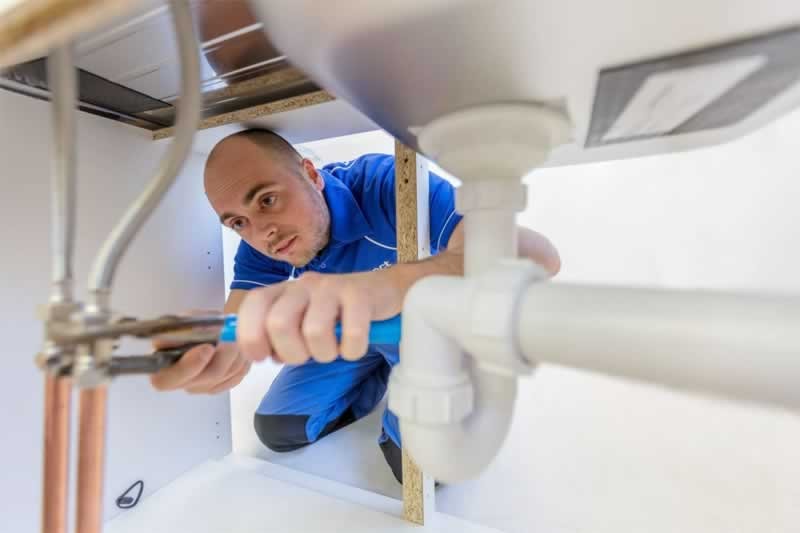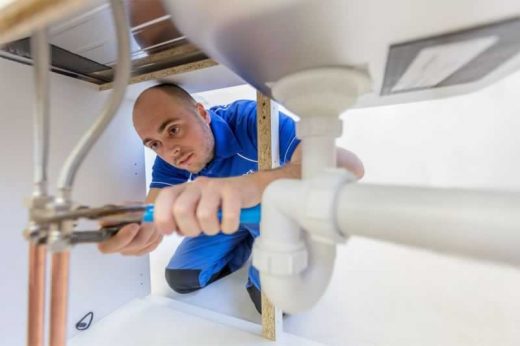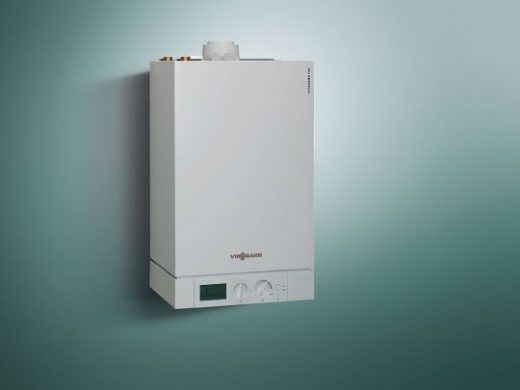How to prevent plumbing problems in winter tips, Home pipes guide, Online residential plumber advice
Preventing Plumbing Problems in the Winter
17 May 2021
The winter months are usually a great period filled with fun and a lot of festivities. Despite the cold which forces us to spend the majority of the time indoors, several homes in the UK spend this period hosting/attending parties.
For others, this is usually the perfect time to dress up in warm clothes, grab some snacks and binge on a TV Show.
Whichever the case, it is important to make your home more habitable and comfortable during the winter. Your plumbing system is critical during these months and the harsh weather can potentially wreak havoc disrupting your peace.
Winter Plumbing Problems Prevention
FROZEN OUTDOOR/INDOOR PIPES
When temperatures drop to certain levels, the water piping around your house gets affected and the water inside starts to freeze. The water also expands resulting in a build-up of pressure which can cause the pipe to split or burst.
This is one of the most common plumbing repair done during the winter especially since outdoor pipes are used infrequently during the winter months. Damages are therefore likely to go unnoticed for some time and they can cost you thousands.
Indoor pipes are also susceptible to freezing especially those that run along uninsulated walls or a simply exposed to cold air. These pipes can also split or burst.
Signs of a Burst Pipe
Here is how to identify pipes that have split due to low temperatures.
- Change in water pressure- One of the first things to occur when a pipe bursts or splits is a sudden decrease in water pressure. You will notice faucets are not letting out as much water and the toilet fails to flush powerfully.
- Persistent Leaks- You are also likely to notice constant leaks especially under sinks, bathtub and sections that have a water supply line.
- Discoloured Water- If water from your taps and faucets is no longer clear but has a brownish hue, then it is likely you have a burst pipe.
Preventing Pipes from Bursting
Before the winter months, it is important to have your plumbing system serviced by experienced plumbers who can solve simple issues that intensify during the winter.
To ensure pipes do not freeze during the winter, here are some things you can do to winterize the pipes:
- Have your heating system on at a constant temperature some degrees higher than the temperature outside. This keeps the pipes warm and it would be great to open up cabinets that conceal pipes to allow warm air in.
- Insulate the pipes within your home using insulation sleeves or insulation wrapping especially for pipes running along exposed walls.
- It helps to leave a faucet dripping lightly as this prevents the build-up of pressure inside the pipe and keeps water moving.
There some fixes you can do yourself if you notice a freeze. For example, if you notice faucets within a section of your house are not functioning properly, check the line servicing this section and apply direct heat. You can use a hairdryer or heat lamp to clear the freeze. Please avoid using an open flame.
If however all the faucets in your house are affected, the freeze could be in the main water supply line and in this case you should contact a Worcester plumber.
CLOGGED KITCHEN DRAINS
Families spend a lot of time at home during the winter and the majority of meals are prepared indoors. Add onto that the numerous holiday parties and you have yourself a kitchen that is really going through it.
Oil and grease are culprits when it comes to clogged drains. With the increase in cooking, you have more oil and grease congealing faster due to the low temperatures thus narrowing or completely blocking the drain. Food particles also fail to go through the frozen sludge and you will start to notice water in your kitchen sink taking longer to clear out.
Preventing and Fixing Clogged Kitchen Drains
Preventing clogged kitchen drains is quite simple but requires you, your family and perhaps your guests to contribute towards having a clear drain.
- Food items that contain a lot of fat or grease should not go into the garbage disposal. The same goes for items such as bones, coffee grounds, eggshells etc. These should be disposed of in a trashcan.
- You can ask your family and guests to briefly wipe off the grease on plates before washing just to improve the drainage.
- Run cold water when using the garbage disposal unit and continue running for an extra minute to ensure all food waste goes through the drain.
- Regularly deep clean your garbage disposal unit by running some icecubes through it.
In case your drain has started clogging up, you can follow these steps:
- Pour boiling water down the sink to clear out and frozen fat or grease.
- You can clear out obstructions using pliers or kitchen tongs. Ensure the power is completely off to prevent accidents and never put your hand inside the garbage disposal.
- In case the blockage persists, you can contact our experienced plumbers.
NON RESPONSIVE BOILERS AND WATER HEATERS
In the winter months, boilers and water heaters work the hardest to ensure there is sufficient hot water and warmth around the house.
Due to the load on them, they can develop problems necessitating a repair or in extreme circumstances a replacement.
Sometimes the boiler or water heater is not the problem but rather the water lines serving the heater are. If these lines freeze, then the boiler or water heater works much harder than it needs to.
Here are some of the common problems most boilers and water heaters go through during the winter:
- Noisy Operations- Water leaks are likely to occur from a crack or split in the piping around the boiler or water heater. This results in a build-up of air which makes the boiler or water heater noisy. A decrease in pressure could also be the cause.
- Pilot Light- When the pilot light goes out, this is a very serious problem requiring the immediate attention of a plumber or gas engineer. If you smell any gas, turn the gas control valve off, avoid having any naked flames and wait for a Gas Safe Registered engineer to look at your Boiler. We typically suggest Senior Plumbing and Heating for this who are based in Bournemouth and Poole.
- Inconsistent water temperature- This is perhaps the biggest inconvenience especially during the winter months. If you notice you are running out of hot water quickly or you have no hot water at all, your boiler or water heater needs to be checked out.
- Frozen condensation pipes- Condensation boilers have pipes that funnel condensation away from the unit. This pipe when filled with water is likely to freeze and stall the boiler operations.
Preventing Boiler and Water Heater Problems
The key to an efficient boiler or water heater during the winter months is good maintenance. Before the winter, you should call in a plumber to perform an inspection of your boiler or water heater and fix any issues.
Old, defective and broken parts should either be repaired or replaced to have a functional boiler during the winter.
If necessary, you can flush out the water heater and insulate the pipes surrounding it to prevent any freezes.
Preventing Plumbing Problems in Winter Advice
Most of these problems can be avoided by good maintenance of your plumbing system. Hopefully this has helped you find some of the common plumbing problems experienced during the winter, detecting the issues and how to prevent or fix them.
Comments on this guide to Preventing plumbing problems in the winter help article are welcome.
Plumbers
Plumbers Posts
4 common plumbing problems a camera inspection can find
Ten warnings that you have plumbing issues
Importance of hiring commercial plumbing services
Building
Residential Architecture Articles
Architects: 10 DESIGN

image courtesy of architects office
Industrial Service Centre in Jinwan Aviation City
Comments / photos for the Preventing plumbing problems in the winter advice page welcome







